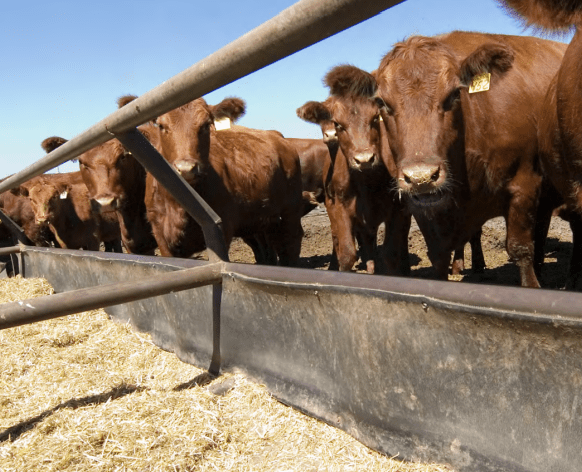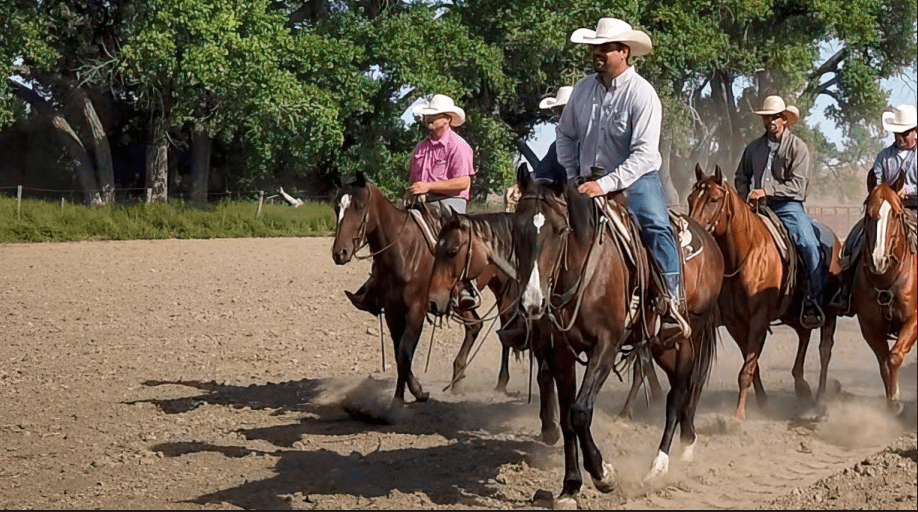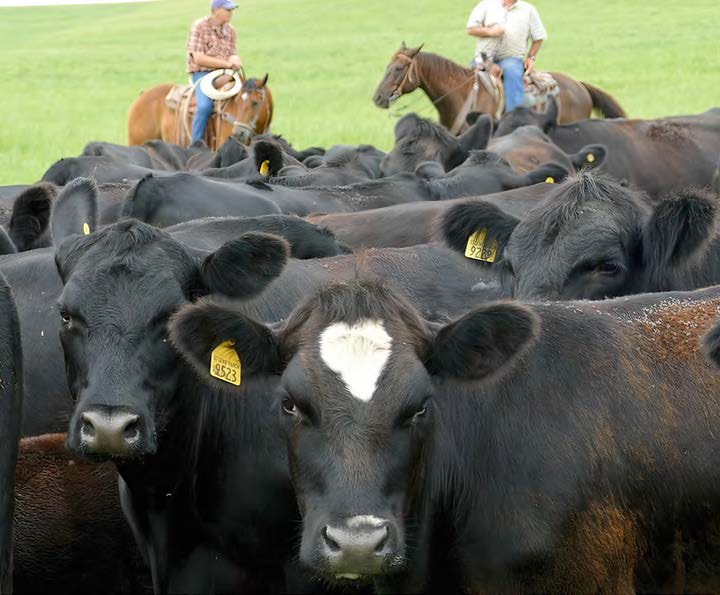

As you can imagine, there are several definitions of what it means to be a stockman.
The reason I ask this question is to serve as a subtle reminder to all of us in the industry.
If we are to recruit others with no experience or knowledge, how do we best define and train upon the word “stockman”?

Historically, the role of a stockman has been romanticized in literature and film as an independent, tough person with a deep connection to the land and animals they serve.
It is about upholding the cultural legacy of rural life.
In the U.S. and Canada, a stockman is a skilled individual responsible for the daily care, management and herding of livestock.
This term is synonymous with “cowboy” or “ranch hand” in many regions.
A stockman may also be defined as an expert in animal husbandry, someone who understands the biology, health and behavior of the animals in their care.
In a more modern sense, a stockman may use technology and management practices such as GPS tracking, EID tags and data software to manage the health and nutritional needs of livestock.
That being said, I have really described all individuals in our beef industry.
Essentially, a stockman is a person who cares for the well-being of livestock, including cattle, horses, sheep and goats.
A good stockman is a shepherd of the land and animals.
Historically, I describe a stockman as a person who is tough and independent with a deep connection to the animals in their care.
“Tough” is not defined as someone who encourages fights but as someone who can survive battles against weather, social stress and turmoil and be present for our stock no matter what.
A stockman is tough-minded, prepared for future challenges and organized.

In large operations, this means leading others to prepare stock for future endeavors or weather fronts.
Confined stock requires daily care with feed, water and environmental comfort.
Today, that involves understanding large equipment such as feed trucks, loaders, tractors and track loaders.
Being independent means having the ability to think for the betterment of the animals in our care.
We see a need and are independent and brave enough to ask for and implement care when animals require it.
A deep connection means we are fully vested in our livestock.
How many of us do this for the lifestyle?
I feel we do this because we care about the animals.
We have a deep understanding of the needs of our stock and recognize their true behavior.

Stockmen are people who study the behavior of the animals they care for.
They have a deep understanding of normal actions, which allows them to recognize when abnormal behavior appears.
They care for the daily needs of their stock, ensuring hydration, proper nutrition and a high level of comfort seven days a week.
They may incorporate further education on husbandry practices and utilize technology to improve the care of animals.
In the next series on stockmanship, I will go in-depth on animal behavior to strengthen our knowledge and understanding.
This will lead into training techniques and how to utilize these behaviors for herding and individual animal handling. Stay tuned for more in the future.
 Dr. Kip Lukasiewicz received his Doctor of Veterinary Medicine degree in 1999 from Kansas State University. He is the owner of Sandhills Cattle Consultants, Inc. and a partner with Production Animal Consultation, LLC. Dr. Kip’s primary focus is feedlot consulting, animal handling, and facility design. Dr. Kip trained under the late Bud Williams and has worked and trained extensively with Dr. Tom Noffsinger utilizing Bud’s thoughts on low-stress cattle handling and caregiving. Dr. Kip along with Dr. Tom works and trains with over 20% of the US fed cattle industry and also travels to Canada training feedlot clients on low-stress cattle handling and caregiving. Dr. Kip resides in Farwell, Nebraska, with his wife, and they have two children. He is an active member of the Academy of Veterinary Consultants, Nebraska Veterinary Medical Association, and American Association of Bovine Practitioners.
Dr. Kip Lukasiewicz received his Doctor of Veterinary Medicine degree in 1999 from Kansas State University. He is the owner of Sandhills Cattle Consultants, Inc. and a partner with Production Animal Consultation, LLC. Dr. Kip’s primary focus is feedlot consulting, animal handling, and facility design. Dr. Kip trained under the late Bud Williams and has worked and trained extensively with Dr. Tom Noffsinger utilizing Bud’s thoughts on low-stress cattle handling and caregiving. Dr. Kip along with Dr. Tom works and trains with over 20% of the US fed cattle industry and also travels to Canada training feedlot clients on low-stress cattle handling and caregiving. Dr. Kip resides in Farwell, Nebraska, with his wife, and they have two children. He is an active member of the Academy of Veterinary Consultants, Nebraska Veterinary Medical Association, and American Association of Bovine Practitioners.
Get all Doc Talk episodes straight to your email inbox!